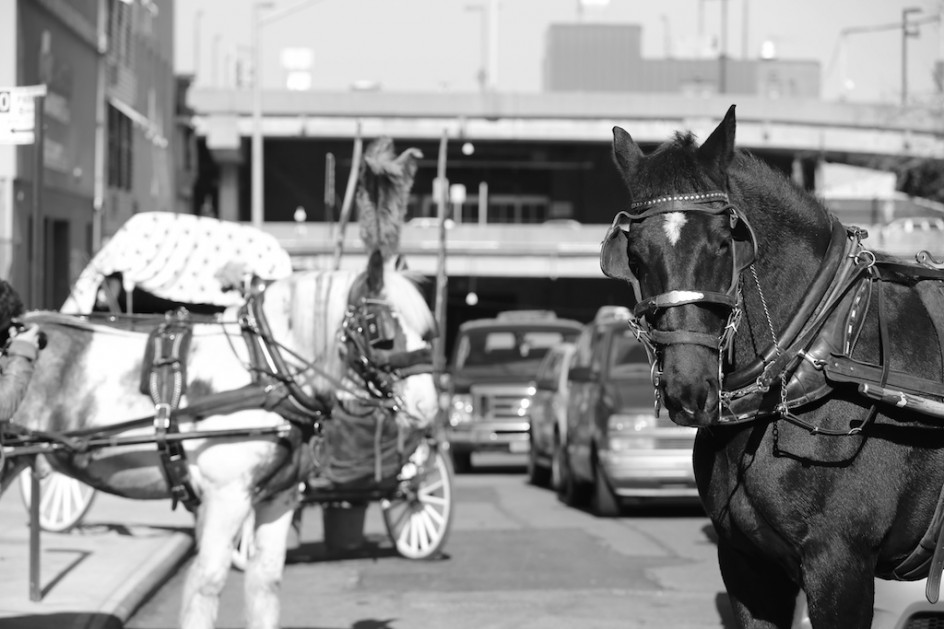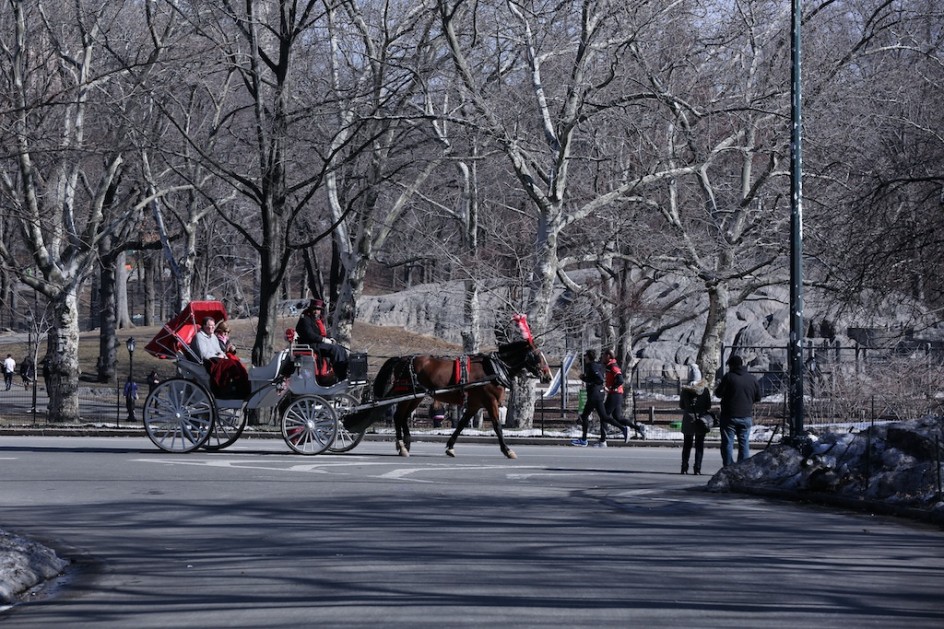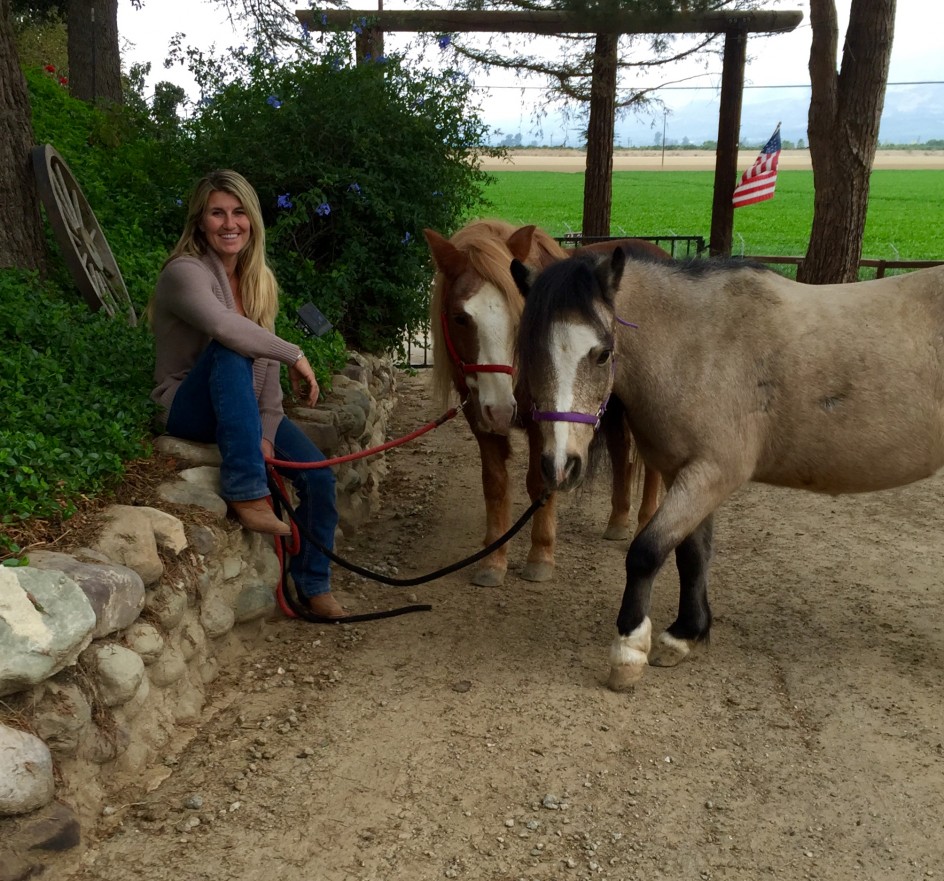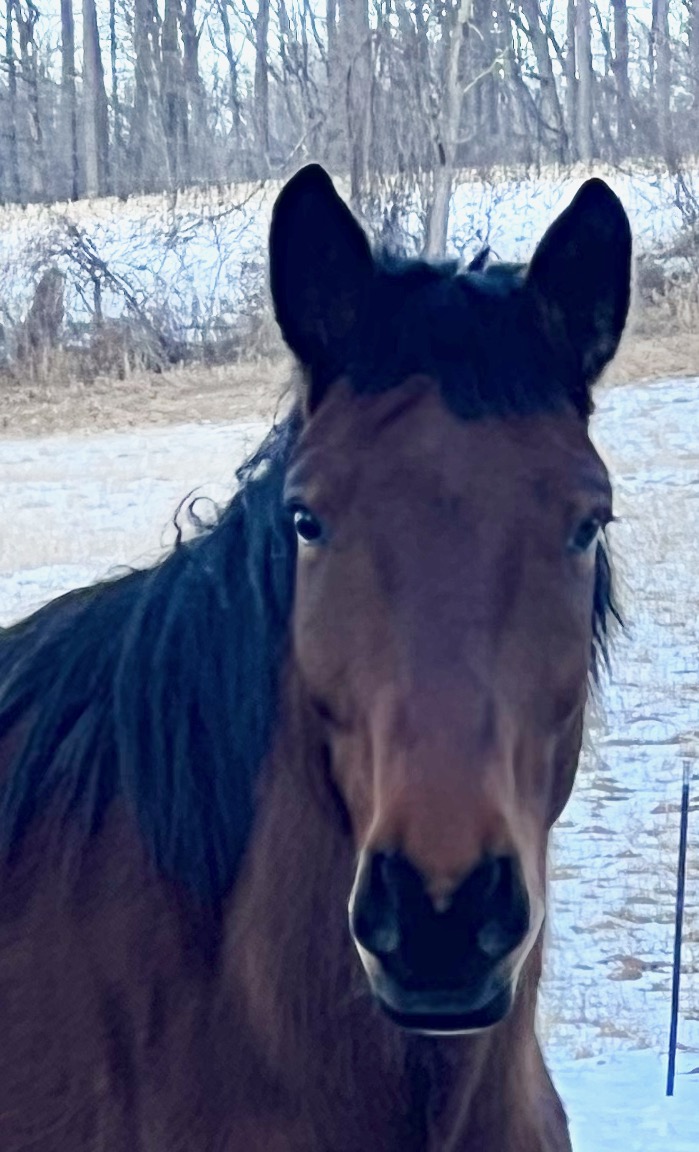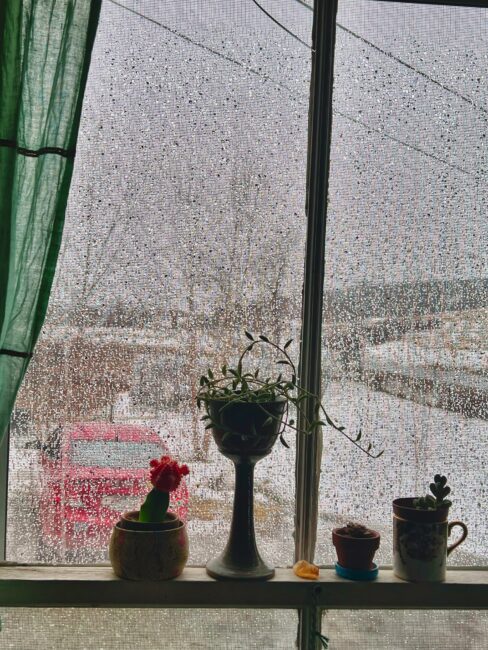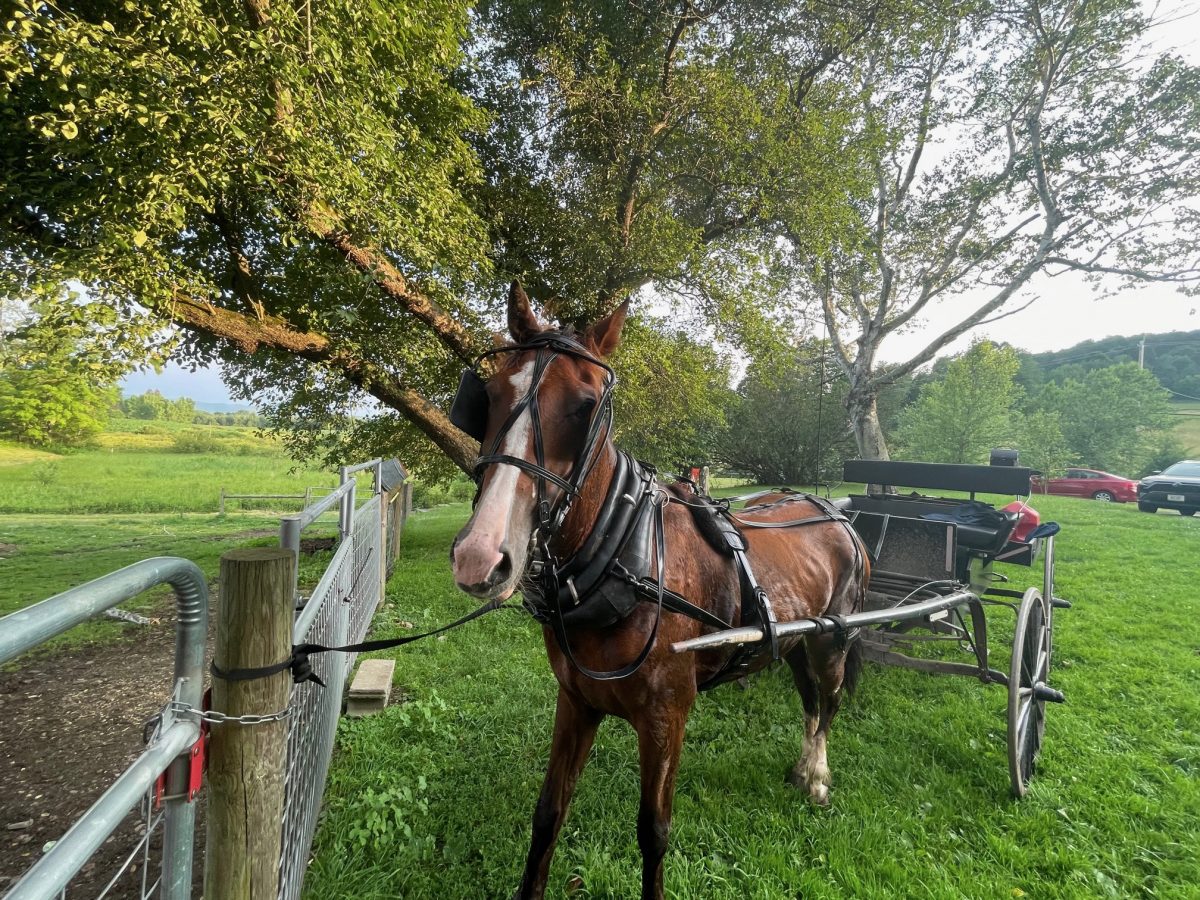“When I read this post, the first thought that came to me was there seems to be a contradiction in what you write and what you do. Your donkeys do not haul heavy packs or pull heavy loads, yet you make sure that their hoofs are trimmed on a regular schedule. Why would it not need to be done for a horse that does heavy work daily? It’s not a matter of judging the Amish; the fact is that working horses need their hoofs trimmed regularly, and it is clear in your photograph that this horse needs hoofs trimmed; it is part of animal stewardship. Tess”
I appreciated Tess’s thoughtful, civil and challenging message. She questioned about what she believes is a contradiction between what I say and what I do.
My writing about the Amish has raised many questions about animal ethics, animal abuse, and how we often perceive these issues in very different ways. I love writing about this issue and am grateful for the chance.
There is no single universal position on animal ethics or animal abuse. We tend to judge people by what we do and what others tell us we should do.
But ethics, like animal care, is an intensely personal thing; no people are the same, no two animals are the same, finances, work issues, family issues, environments, values, age, moral standards vary wildly.
Many people talk about the abuse of animals in our society, but few people can define it. Almost every state has a different explanation of animal abuse; there is no single definition covering everyone.
Generally speaking, animal abuse, also called animal neglect, is the willful and deliberate infliction by violence or neglect on non-human animals.
It is in some states the commission by humans of deliberate suffering or harm upon any nonhuman animal.
Surveys suggest that those who intentionally abuse animals are predominantly men under 30 (why is this not a shock?). In contrast, those involved in animal hoarding – illegal almost everywhere – are more likely to be women over 60.
Tying a dog to a tree on a long lede is generally not illegal, nor is it considered animal abuse apart from the animal rights movement.
Letting horses and donkeys’ hooves grow too long or trimming their hooves roughly is not animal abuse unless they are in great pain, crippled, or are starving. Farriers are better than Amish farmers at trimming nails, but Amish farmers have been doing it for hundreds of years. Mostly, they do a good job.
The founders of the animal rights movement define abuse differently than the law. The movement was founded on the idea that animals should never be owned by people or used for work by people. Making or training animals to work or entertain people is a form of abuse and exploitation.
Thus the war on elephants, ponies, carriage horses, and herding dogs. We depended on those animals for thousands of years to protect us, transport us, help us build, farm, haul, plow and travel for all of human history.
Increasingly, that is considered abuse. I don’t share that view.
We live in partnership with animals, not conflict. We owe the working animals of the world a great debt, and instead of repaying it, we are increasingly complicit in driving them away from people and out of existence.
Soon, it will be impossible for our children to know or understand these amazing creatures; they will have to see them only on YouTube.
The Big Lie was not just Donald Trump’s idea. The Amish and New York Carriage trade attacks are now two big lies rolled into one, or perhaps just the same lie.
My moral cause is the protection of working animals.
Environmentally, they can help save the world. Morally, the idea that work for animals is cruel is an awful lie, from the elephants to the carriage horses.
People who give these animals work and food and shelter are heroes to me, not villains.
Working animals need to work, and the work is not always pretty, as people know, and the care is not always perfect.
The questions Tess is asking is important. They deserve to be discussed. Should everyone have to treat my animals the way I do and do I have the right to tell others what to do?
Speaking only for myself, no. The Amish are not me; they are not like me; they have different values and different relationships with their animals than I do.
I don’t get to tell other people how to live. Neither do the warriors who hide behind their computers on social media.
To survive, their culture depends on working horses. They do not have a farrier living down the road; they strive to be self-sufficient. They trim the horses’ hooves themselves and are not always great at it.
The horses are no sick, crippled, or in pain.
Nor are they neglected. The ones I know graze on pasture. People will reply to this by citing puppy mills and overworked horses. I don’t see any here; I am not in a position to judge my friends and neighbors for what people in Ohio or Pennslyvania have done.
I have seen people abusing animals more than once; I’ve called the authorities every single time. I’ve never seen that abuse in a New York carriage stable or an Amish farm near me.
I do not accept the idea that I should become a vigilante animal cop working outside of the law.
Turning me against my neighbors for something they have not done is unethical to me. I’ve done nothing to deserve that power.
Destroying a valued friendship because a horse needs trimming does not seem moral or ethical to me. Nor is it my duty.
Nor does it make me a hypocrite, which Tess is gently suggesting.
I know some wonderful dog and animal lovers who can’t afford huge fences or go to work or are getting older, or who work long hours.
Ethically, they have the right to own and live with animals.
So many horses and dogs need homes; it seems absurd to me that the extreme animal rights ideas about animal care have made it difficult or nearly impossible for millions of responsible and loving people to adopt one of the 12 million dogs and cats in shelters or the donkeys and horses in great peril..
Is it ethical to let millions of needy animals die because people work hard, age, or can’t afford thousands of dollars in fencing? That is immoral to me.
So is confining dogs to crates for their entire lives because we breed too many are many of us are usually too lazy or busy to train them properly.
These are some of the ethical issues relating to animals that I care about.
Sicking vigilante animal crusaders on farmers and exploiting sick and injured animals to raise millions of dollars is not moral or ethical to me either.
The animal rights movement against carriage horses used photos of injured horses in different parts of the country to suggest these horses were being abused and to raise enormous amounts of money by persuading people that riding through Central Park in light carriages in good weather was somehow cruel.
These are the same horses that pulled bricks and garbage and lumber all over New York City for generations in every kind of weather.
Like claims of voter fraud in 2020, there has never been any evidence to support that claim.
The animal rights movement has lost all credibility to me; they lie too often and too easily to pry money from animal lovers.
Countless elephants, ponies, and horses have died as a result of their poor ethics and morals.
I’m not rich, but I have a lot more money than many animal lovers in cities and rural areas.
They should be held accountable for real abuse; they should not be punished or judged by what I can or have decided to do in my stewardship.
Lots of animals have good and loving care in the homes of the poor and the elderly. I am not going to judge them short of proof of extreme negligence or cruelty. You can have a great and healthy dog in a trailer.
Dogs don’t mind waiting for you to come home from work, as long as they get some exercise. They don’t know one hour from ten. A trailer can be a much better life than a crate.
The carriage horses of New York and Amish horses I have seen are the luckiest horses on the planet.
They don’t work in extreme cold or heat; they are well-fed and given the work they are bred to do.
The people who think the Amish horses are abused ought to come up here and ride with me into the deep farmlands and isolated rural towns. Horses eat rancid old hay, are confined to small faces, have untreated sores and wounds, and never get to work or exercise.
They are abused, fussing over a hoof that needs trimming is a distraction from the real animals suffering and dying in factory farms all over America.
The better question for people like me is not why I’m not judging my neighbors for a horse that needs trimming, but why aren’t I doing more to close down the giant farms that confine and slaughter millions of animals every year.
First, to answer Tess. I appreciate your sentiments, honestly, but I reject the idea that other people are morally bound to treat animals the way I do.
My animals are mostly pets; they are not working animals. It’s easy to keep pets clean and healthy, and trimmed.
It is inexpensive and simple to trim their hooves every few months.
If my Amish neighbors trimmed their eleven horses the way we trim two donkeys, they would have to give up their animals; they would be spending over $1,000 a month or $12,000 a year.
No farmer can afford that, certainly not the Amish.
They would have to give up their farms, and the horses would most likely be sent to auction and slaughtered – the animal rights activists don’t seem to know this or care.
It is not ethical to judge or intrude on other people and their animals unless I see clear signs of intentional cruelty and neglect.
Animal abuse is illegal in every state. A person who witnesses abuse is morally obliged to contact the authorities, not to post messages on Facebook or Twitter.
The working animals of the world are in terrible trouble now, and they need our help staying in the world and finding work that makes supporting them worthwhile and feasible. This is what the Amish and the Carriage Horses are doing.
Morally speaking, we are turned upside down. These people are not the problem; they are the solution.
Most of the elephants in circuses were treated well by trainers who loved them dearly. Now, most circus elephants are dead, slaughtered because no one wants to or can afford to care for them.
Those so-called “preserves” waiting to feed them for the rest of their lives was another giant lie. Only one or two exist, and they can care for very few elephants. Ringling Bros preserve, the largest and most famous, has room for 30 elephants.
The rest are on their own.
Killing the working animals is not a moral solution, nor is tearing them away from the people who work with them and, most often, love them.
Keeping them with us and caring for them well is my idea of a moral solution. If we could stop condemning them, we can learn from the Amish and the carriage horse drivers.
Every time I take a photo of an Amish horse (or a carriage horse), I feel grateful to the people who keep them alive, love them and care for them as best they can.
They are the prophets; they lead the way, in many cases, the only hope for the big horses who have worked for us for centuries.
Every time I post a photo of an Amish horse, someone writes to me that their hooves are too long, their ribs too visible, their coat too dry.
After my carriage horse experience, it’s complicated to believe most of the claims I hear from animal rights people, just as I no longer believe the claims of Republicans in Congress. In 2021, there is no shame in lying about politics or animals. Both seem to generate lots of money.
That is not a moral position for me; I have learned that my moral life is dependent on telling the truth and being authentic to myself, no matter the consequences.
I keep hearing about the Amish puppy mills, but they don’t seem even remotely as common as the white and black and orange puppy mills that exist all over the country, all around me, and in much of the Caribbean.
The most serious ethical issue facing all of us is the same.
We are destroying animals on this planet in every way we can – over-developing, poaching, fossil fuels, the flooding of the planet for greed and money, the destruction of their habitats, and perhaps most damaging of all:
The lavishly funded movement that calls itself the voice of animal rights has no understanding of what domesticated working animals are like, what they need, or how they are treated.
A dozen vets came to examine the carriage horses; I talked to every one of them.
Unanimously, they agreed the horses were well cared for. The animal rights movement in New York City ignored them and demanded that the horses be taken away to “preserves” far from any city.
I can’t see the ethics in that. Sometimes, morality is knowing when to mind your own business.
. More than any other force in contemporary America, they attack the very few institutions and people keeping working animals alive.
When I took Red and Rose out to herd sheep, people pulled over at least a dozen times to accuse me of abuse because the border collies had long tongs or herded sheep in the heat or were forced to work rather than hang out in their kennels.
When our beloved Simon had a stroke and died in our pasture, the large animal vet went into a panic about his being visible from the road.
This seasoned old vet was terrified that passersby would call the police and accuse us of animal abuse. He says it happens all the time.
When I expressed my skepticism, he grabbed my wrist and said, “you don’t understand. I see this on farms all the time. When cow or horse dies, the first thing we do is hide them in the back of the barns, so people driving by won’t see it and call the police or ASCA.”
When a beautiful black bear was hit right in front of our farmhouse by a speeding truck, the bear managed to crawl over the fence and into our marsh, where he cried out in agony and could no longer walk.
A state environment official came and prevented shooting the bear and put it out of his misery. The sheriff urged us to stop, a car had pulled up filled with adults and children, and they were shouting “murderers” at us, the police, the ranger.
A sheriff’s deputy went out to talk to them and explain that the bear was dying and in great pain, but they refused to believe him. We waited until it got dark and then shot the bear.
After a while, they left, still shouting.
I know the most about this- working animals are in desperate trouble, and if we don’t change our way of thinking about them, they will very soon be born.
Instead, we worry about a horse getting trimmed soon.
When it comes to animal ethics, our values are so screwed up it’s hard to see a clear path forward.
This is a long-winded answer to a fair question.
Tess, the answer is not simple.
Moise is obligated to listen to his own conscience and follow his own ethics. I know him to be a very moral man. He does not lie, rage, cheat or steal.
He does not need moral instruction from me.
